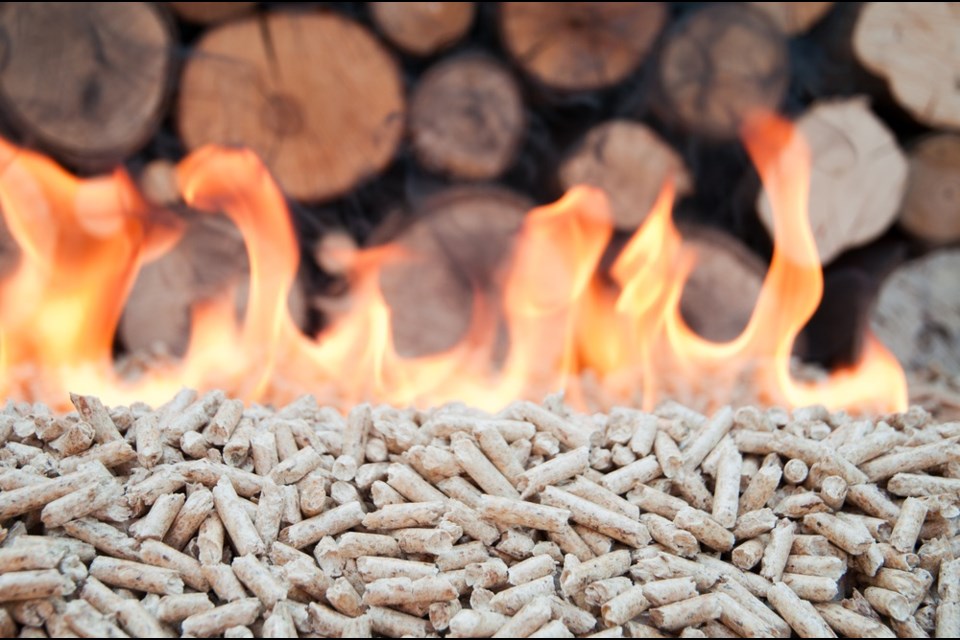THUNDER BAY - One of the leading nations in biofuel technologies has a lot to share with Northern Ontario and sees the forest-rich area as a prime partner in the future of the biomass economy.
Delegates from Finland, Germany, and Austria were in Thunder Bay this week for the Biomass North Forum to share and build possible collaborations for biomass opportunities in Ontario.
“We have communities that are heated with diesel, propane, electric baseboards with unsustainable costs while we let our forests burn in slash piles,” said Dawn Lambe, executive director of the Biomass Development Centre. “It’s a way to take Finnish, German, and Austrian technologies and bring them into Ontario to create renewable heat opportunities.”
Biomass is a byproduct from forest harvesting made up of wood pellets and wood residue, which can be used as a source of fuel for heating and electricity, or biofuel.
Part of the Finnish delegation visiting Thunder Bay included the Finnish Minister for Foreign Trade and Development, Kai Mykkanen, who said Finland is one of the leaders in biomass technologies and has been relying on its forests to provide energy for centuries.
“We never found oil, so we’ve been forced to advance more in how we manage our forests and how we use them and definitely in Finland, especially how to turn biomass into energy, heat, and biofuel,” he said.
Mykkanen said there are more than 300 heating furnaces and heating stations in communities and townships across Finland, which he said is a model that could be adopted in Ontario.
“This could be a concept here to get local people employed with local resources instead of buying diesel,” he said. “We have the technology and the business models and that is what this networking is all about.”
Lambe agreed that there is much to learn from the models in place in Finland, who have been developing biomass technologies for years.
“They are about 30 or 50 years ahead of us in business model development, in taking wood waste and wood residue and converting them to heat and electricity,” she said. “So those technologies and those mistakes that they’ve already made give us a leadership role that we can just leap frog their technologies into our communities.”
Finland uses a small business model, according to Mykkanen, and there are more than 500,000 forest owners in the country of 5.4 million people.
“Most of the forests are owned by private Finns,” he said. “That creates more variety in the interests and how you use your own forests. That creates more concrete link to people who live in cities, but also own forests.”
According to Lambe, there is a bright future for biomass in Northern Ontario and there is not just a willingness on the part of the Finnish delegates to collaborate with Ontario, but an eagerness to move the relationship forward.
“They see Ontario as the perfect partner opportunity,” she said. “The landscape, the culture, the forests, they see so many linkages that they are eager to fill in some of the gaps we have and to help us build that capacity.”
In 2015, Ontario Power Generation converted the former coal-burning plant in Thunder Bay to burn biofuels, using biomass imported from Norway. Lambe said the region needs to look at further developing its own domestic biomass economy.
"I think there is export capacity and export potential, but the real bang for the buck is developing our domestic market," she said. "It makes no sense to send our people out to the forest to take our fibre to create products so we can export them so we can buy oil to heat our homes. It seems like a broken business model there."
